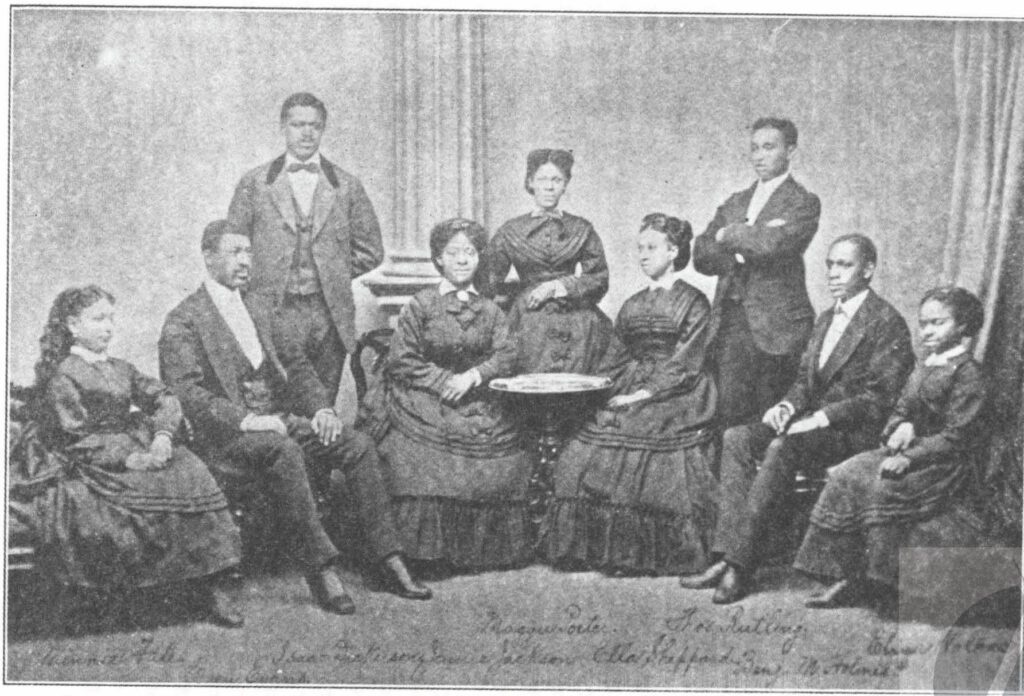The Jubilee Quartets were African-American vocal groups that first appeared in the mid-1800s, singing spirituals and harmonies without the use of an instrument. They were composed of four or more vocalists. Having their roots in church customs, they developed by absorbing gospel, minstrelsy, and barbershop influences. Famed for their call-and-response patterns and four-part harmonies drawn from African American and folk spirituals, the Fisk University and Tuskegee quartets rose to prominence by defying prejudice and expressing love and hope. In addition to being accomplished vocalists, these quartets traveled the nation and endured bigotry and segregation, becoming icons of perseverance and optimism in the face of hardship. Gospel music and other genres benefited from this moment of transformation, with Jubilee Quartets influencing the soundscape of a nation in flux. Their legacy still inspires audiences throughout the world today, demonstrating the enduring spirit of african american music and culture.


